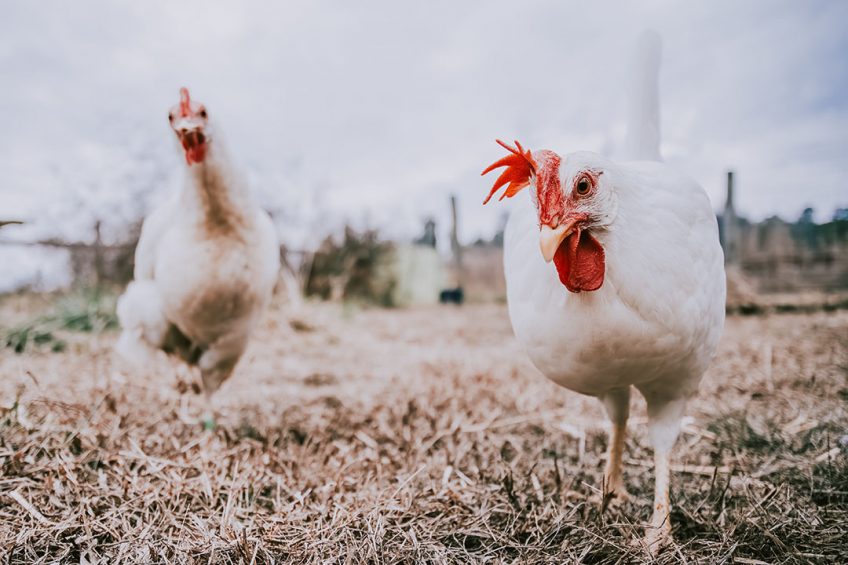Promoting cage-free egg production in SE Asia

Aeres University of Applied Sciences (Aeres) in the Netherlands has partnered with consultancy firm Global Food Partners (GFP) to establish a training centre to offer farmers the necessary training and tools to ensure long-term sustainability and competitiveness in cage-free egg production in Southeast Asia.
The predominant commercial method of housing for layer hens in Southeast Asia is conventional cage systems, however, corresponding with a global increased awareness of animal welfare have come many commitments by multinational companies with operations in Asia to source eggs solely from cage-free farms.
But, despite this progress, egg producers need hands-on, technical, and localised guidance and expertise to carry out this transition to best practice cage-free production. “At Aeres we want to contribute to a healthy livestock sector which produces and distributes food in a sustainable way, with opportunities and respect for people, animals and nature, and improve the quality of life. To achieve this, skilled, flexible and enterprising professionals with a balance between economical, ecological and social interests are needed,” says Jasper Heerkens, researcher and lecturer in poultry at Aeres.
Producers in Asia are witnessing quickly-expanding market opportunities in cage-free egg production and benefit from localized, hands-on training to support their transition to cage-free systems,” – Elissa Lane, GFP’s CEO.
Functioning farm, training and research
The training centre, which is based in Indonesia, will therefore not only offer training in best practices in cage-free management and production, but it will also serve as a model farm for cage-free producers, as well as a research and development facility.
The training centre will house approximately 3,000 hens and serve 3 main functions:
- Model farm: Producers will be able to visit a local and relevant, functioning model.
- Training: Various professionals will be able to receive and provide training at the training centre. Farmers, governmental or 3rd party auditors, veterinarians and extension officers can be trained according to international welfare standards. It will also allow poultry supplying businesses (e.g. equipment manufacturers, breeding and feed companies) to train their professionals. This will result in an upskilling of the workforce in the Indonesian and Southeast Asian poultry industries, coupled with a greater capacity for local support and development of poultry welfare.
- Research: The facility may also be used to undertake non-invasive research projects, such as those on bird behaviour and environmental enrichment.
 Higher welfare raised birds hitting retail shelves in Europe
Higher welfare raised birds hitting retail shelves in Europe
Increasing numbers of companies are signing up to the Better Chicken Commitment (BCC) with some higher welfare birds now available on retail shelves.
Transition to cage-free egg production
GFP works with food industries across Asia to implement and maintain high animal welfare standards, with the current focus on the transition from cage to cage-free egg production and the sourcing of cage-free eggs. GFP will also conduct focus groups with cage and cage-free egg producers in 5 countries in the region to identify the unique needs and barriers in local egg industry, and to subsequently work to address these challenges. “Producers in Asia are witnessing quickly-expanding market opportunities in cage-free egg production and benefit from localized, hands-on training to support their transition to cage-free systems,” said Elissa Lane, GFP’s CEO. “The current global crisis has also resulted in greater industry focus on improved biosecurity and health management practices on-farm, which can have a drastic impact on public health.”












